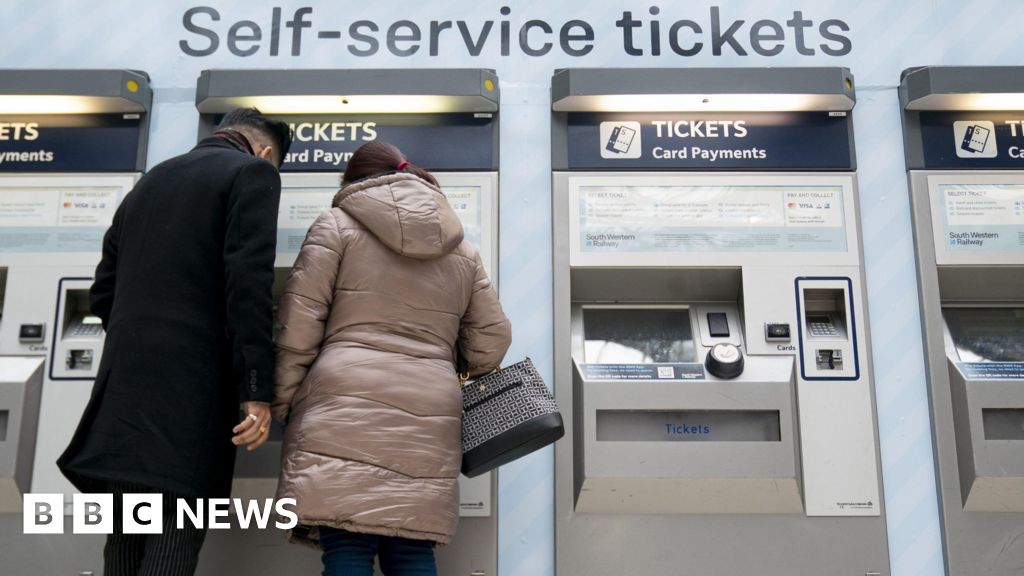ARTICLE AD BOX
Image source, Getty Images
Households will pay £3,000 more tax a year as a result of measures introduced since Boris Johnson came to power, including Wednesday's Budget, says the Resolution Foundation.
The think tank found policies announced by Chancellor Rishi Sunak had boosted incomes by 2.8% for the poorest fifth of households.
However, households on middle incomes would take a 2% hit, it added.
It also said the UK was in the worst decade for pay growth since the 1930s.
"The chancellor yesterday got his first chance to set out what the UK's post-pandemic economy might look like by the mid-2020s," said Torsten Bell, chief executive of the Resolution Foundation.
"It is not the high-wage economy envisaged by the prime minister last month, or even the lower-tax economy that Rishi Sunak said was his goal yesterday. Instead, the chancellor has set out plans for a new high-tax, big-state economy."
The Foundation's overnight analysis of the Budget and Spending Review 2021 revealed a deteriorating picture on family finances, with household incomes set to stagnate as a result of rising inflation.
"Higher taxes aren't a surprise, given the UK is combining fiscal conservatism with an ageing society and a slow-growing economy. But it is the end of low-tax conservatism, with the tax take rising by £3,000 per household by the middle of this decade," Mr Bell said.
With higher growth, inflation and public spending than previously expected, combined with tax rises already in train, the Foundation warns that the UK could be set for a flat recovery for household living standards.
The combined effect of universal credit changes, alcohol and fuel duties, higher council tax, income tax and national insurance delivered a 2.8% boost to the incomes of the poorest households.
But middle-income households will see incomes drop by 2% and the richest fifth of households will suffer a 3.1% hit by the middle of the decade, the Foundation warned.
Changes to the amount families can keep from their earnings if they are on universal credit, announced in the Budget, only partially offset the effect of withdrawing the £20-a-week boost during the pandemic. On average, recipients would lose £800 a year, the think tank calculated.
Of the 4.4 million households on universal credit, about three-quarters (3.2 million households) will be worse off as a result of decisions to take away the £20-a week-uplift, despite the chancellor's new universal credit measures in the Budget.
But 1.2 million households would be better off by £900 a year than before the Budget.
In the wider population, wages are set to fall next year after inflation.
It means the last decade has been the weakest decade for pay growth since the 1930s.
By May 2024, real wages will have grown by just 2.4% since 2008 - compared with a 38% real wage increase between 1992 and 2008.
"The chancellor got some really good news for the public finances yesterday - lower borrowing, because the economy's doing slightly better than we all though six months ago. But good news for public finances wasn't good news for household finances," the Foundation's Mr Bell told BBC Breakfast.
"That's because higher inflation that actually helped the chancellor with his borrowing figures is obviously hurting household budgets, and that's why the Office for Budget Responsibility expects household incomes and wages to actually not grow at all in the next year.
"So that's going to be really bad news for everyone worrying about their own budgets."

 3 years ago
156
3 years ago
156








 English (US) ·
English (US) ·